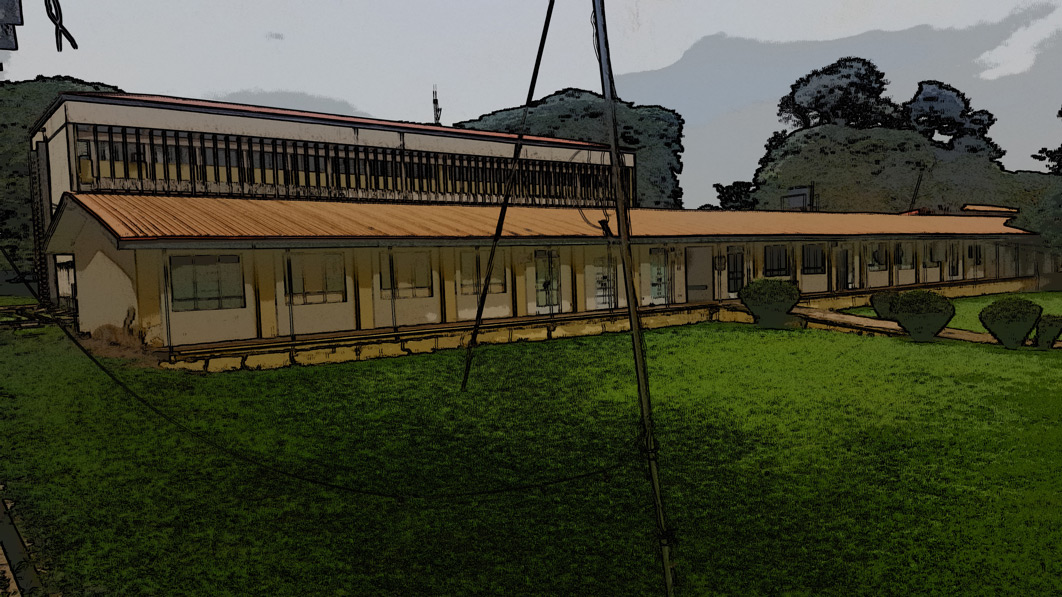
The Department of Physics was founded in 1948 when the University of Ibadan was established as a University College. The degree B.Sc. Physics, (Ibadan) was awarded when the University became autonomous in 1962. At various times in the history of the Department, diversification into different areas of specialization was introduced in response to both national needs and global trends. The Department has not only been able to meet its manpower requirements but has also continued to feed most Universities in the country with world-class products. Over the sixty years of its existence, the department has produced thousands of high quality Physics graduates. The national merit award winner of 2003 is a product of the Department.
Our Vision is to produce graduates with an adequate and broad understanding of the basic concepts of Physics, complemented with applications-oriented courses that will advance the productive capacity of these graduates.
To create knowledge and restore the dignity of the black man through the use of the tools of Science as embodied in our curricula to train students who will be expert thinkers, skilful, intellectually resourceful, entrepreneurially self-dependent and futuristically visionary.
To create knowledge and restore man’s dignity through a Human Development concept of the Total Man, employing innovative, leading edge, teaching and learning methods that would assist our Industrial Physics graduates to be very relevant in the production process in any of the sub-fields: Applied Geophysics, Electronics and IT applications and Renewable Energy. To produce job creators and some for postgraduate research in these sub-fields and their allied disciplines.
The specific objectives of the programme are to:
give the students an intellectually stimulating and satisfying experience in the study of physics;
provide the students with a broad and balanced foundation in Physics;
develop in the students the ability to apply their knowledge of Physics and skills to the solution of theoretical and practical problems;
provide exposure to a menu of industrial applications that is of national interest;
prepare the students for post-graduate studies in Physics/Applied Physics or other Physics-related, multi-disciplinary areas; and
inculcate in the students the knowledge and skills needed for self-employment.